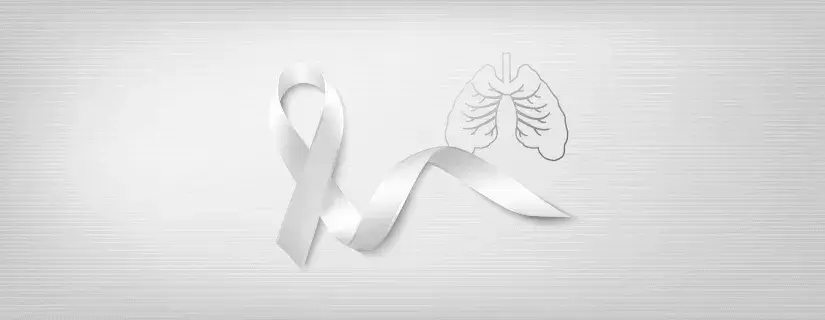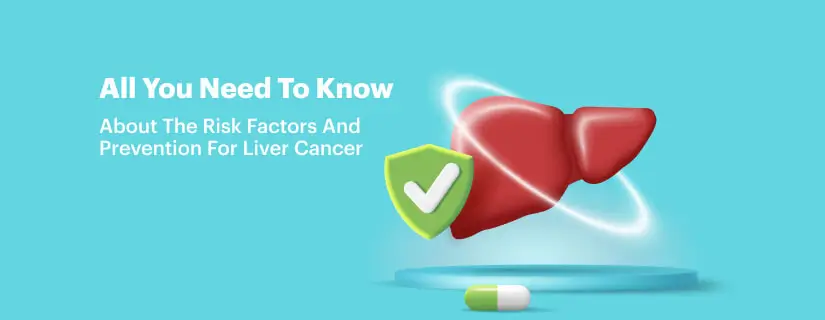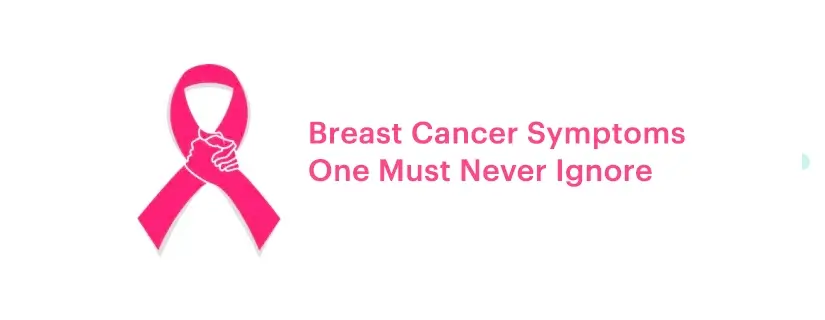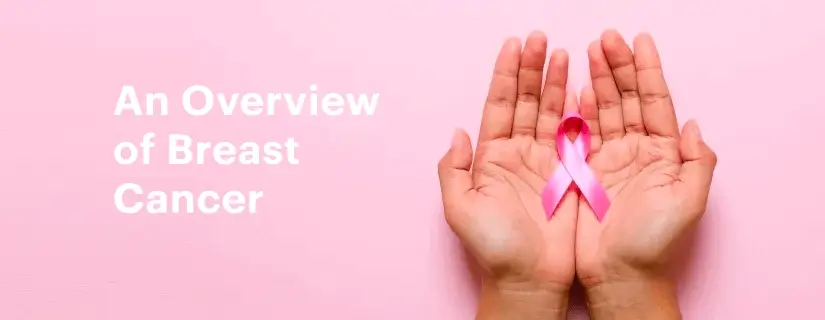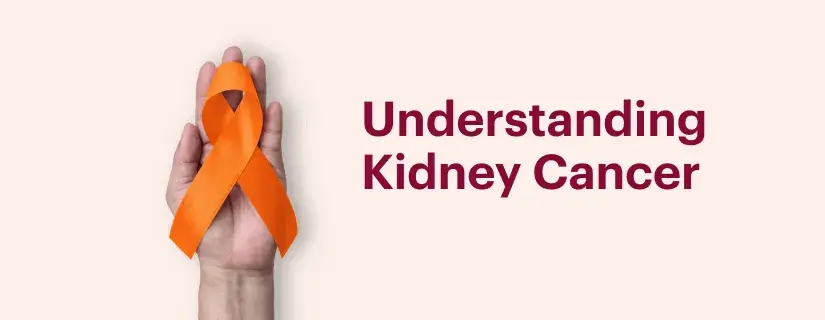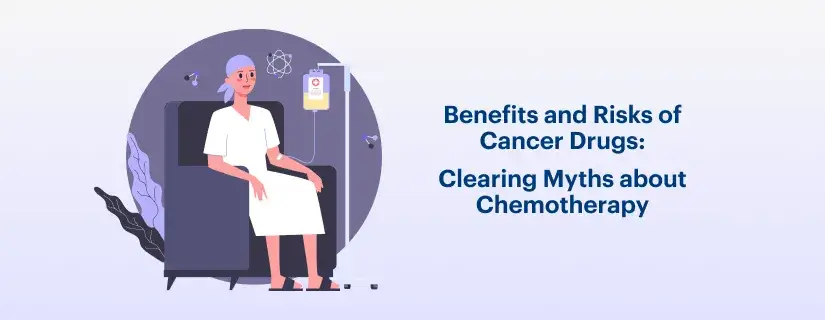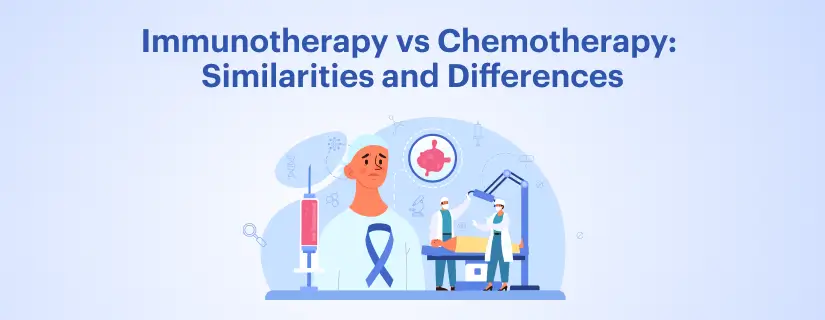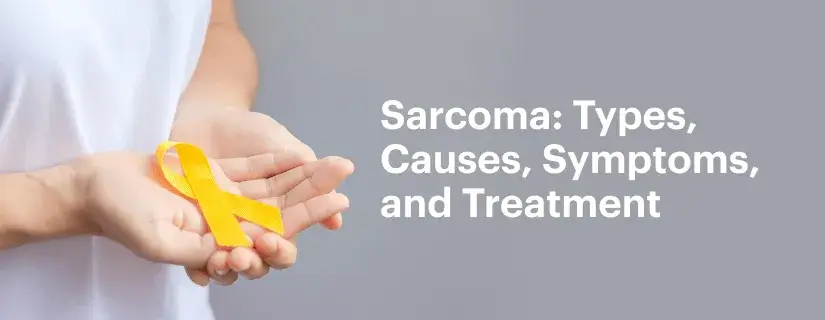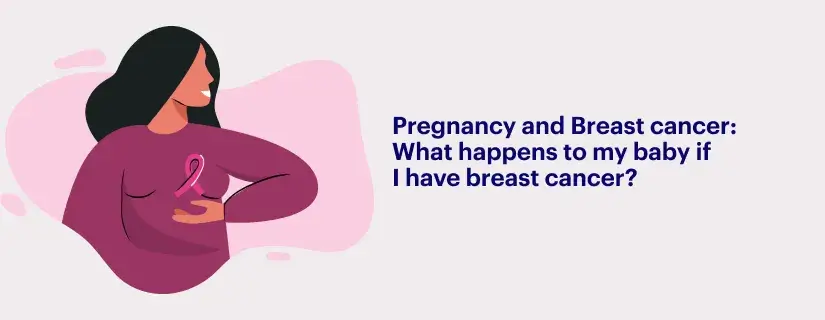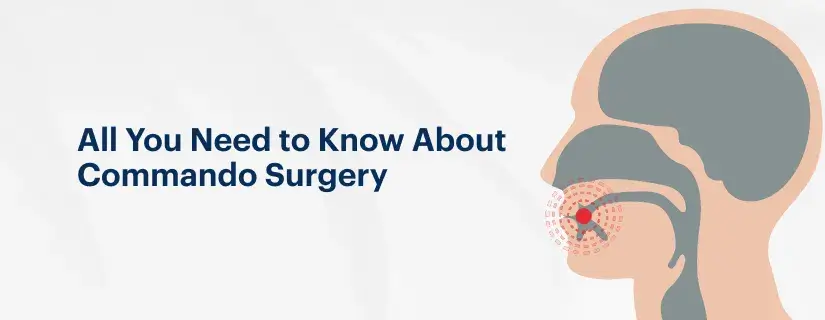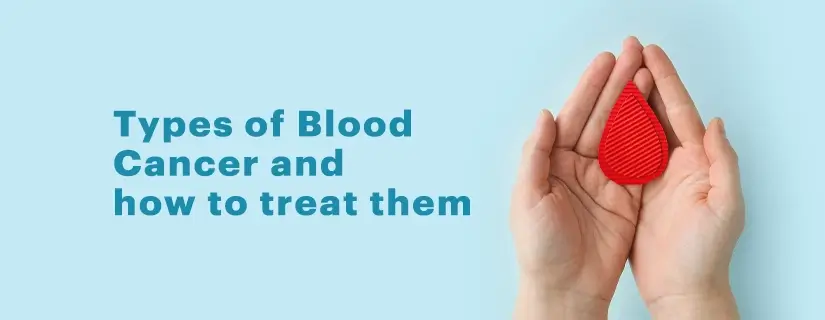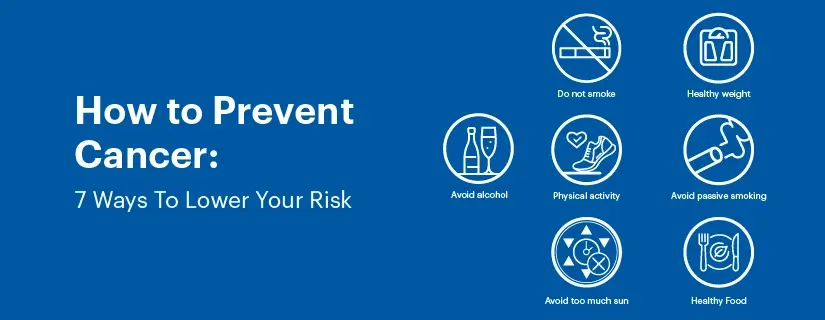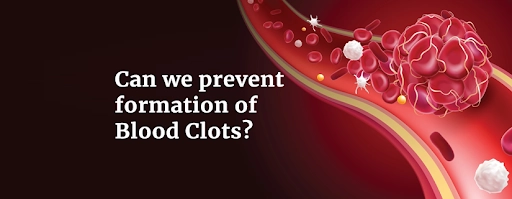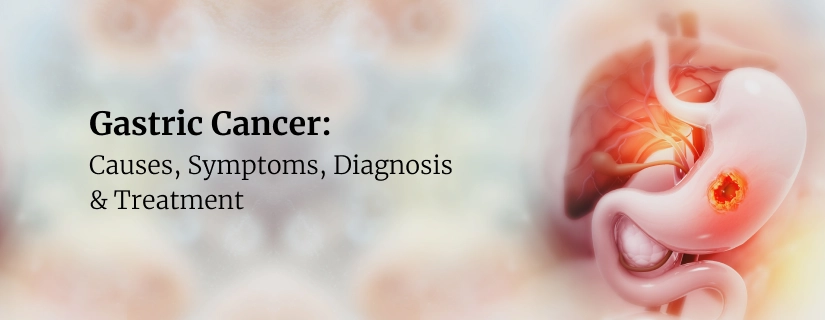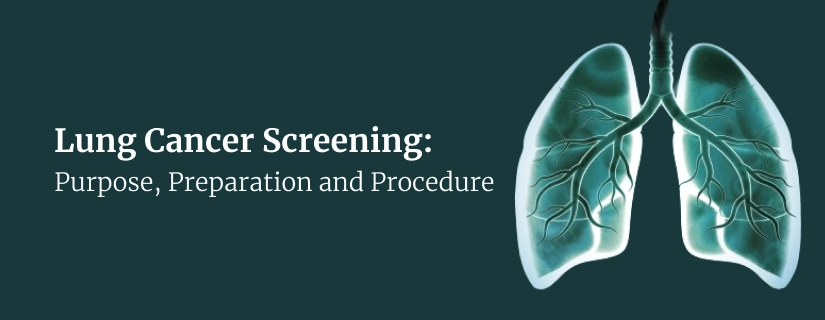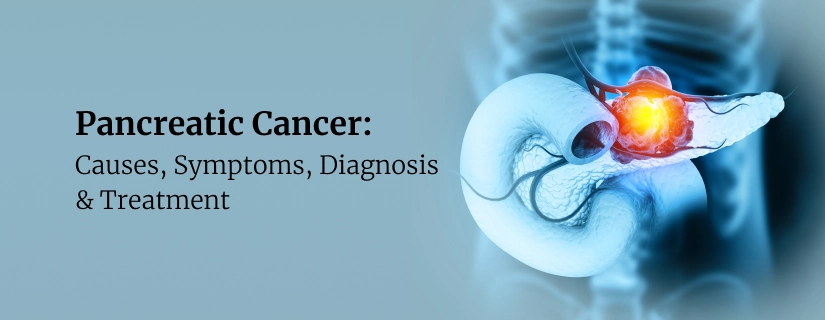-
Doctors
-
Specialities & Treatments
Centre of Excellence
Specialties
Treatments and Procedures
Hospitals & Directions HyderabadCARE Hospitals, Banjara Hills CARE Outpatient Centre, Banjara Hills CARE Hospitals, HITEC City CARE Hospitals, Nampally Gurunanak CARE Hospitals, Musheerabad CARE Hospitals Outpatient Centre, HITEC City CARE Hospitals, Malakpet
HyderabadCARE Hospitals, Banjara Hills CARE Outpatient Centre, Banjara Hills CARE Hospitals, HITEC City CARE Hospitals, Nampally Gurunanak CARE Hospitals, Musheerabad CARE Hospitals Outpatient Centre, HITEC City CARE Hospitals, Malakpet Raipur
Raipur
 Bhubaneswar
Bhubaneswar Visakhapatnam
Visakhapatnam
 Nagpur
Nagpur
 Indore
Indore
 Chh. Sambhajinagar
Chh. SambhajinagarClinics & Medical Centers
Book an AppointmentContact Us
Online Lab Reports
Book an Appointment
Consult Super-Specialist Doctors at CARE Hospitals
Types of Cancer that Immunotherapy can Treat
Updated on 23 March 2023
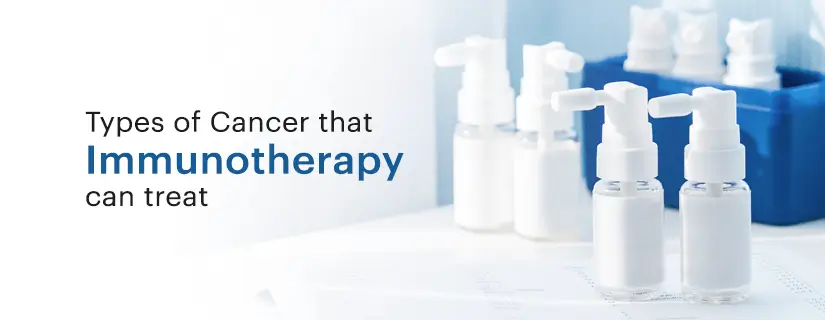
Immunotherapy is a new form of treatment for managing cancer. This therapy works by improving the function of the immune system. In immunotherapy, doctors use different drugs such as checkpoint inhibitors and CAR T-cell therapy. Immunotherapy cancer treatment is based on the fact that the administered medicines can help in producing cells to fight against the cancer cells and to identify the normal body cells. It is a treatment that involves the immune system to fight against cancer cells.
The Immune System of our Body
The immune system of our body consists of different antibodies, organs, and immune cells. All these work in combination to fight against cancer-producing agents. The immune system comprises the following cells:
- B-cell Lymphocytes: These are white blood cells and help to produce antibodies to fight against infections
- T-Cell Lymphocytes: These are also white blood cells that help to destroy the unwanted cells in the body and also help healthy cells to recognize the presence of diseased cells.
- Granulocytes: Granulocytes include a variety of cells such as basophils, neutrophils, and eosinophils that help to fight against bacterial infections.
- Dendritic cells: These cells work with the T-cells to support the immune system function.
Working of Immunotherapy for Treating Cancer
The immune cells produce protein cells that act on other cells in the body. During immunotherapy, the given medications produce a large number of protein cells in the body to boost the immune system by producing more cells to fight against cancer-producing cells in the body.
Immunotherapy also makes it easy for the immune system to recognize the cancer cells in the body and work on them.
Types of Cancer Treated by Immunotherapy
Immunotherapy can be used for treating a variety of cancers such as:
- Breast cancer
- Bladder cancer
- Cervical cancer
- Kidney cancer
- Lung cancer
- Liver cancer
- Prostate cancer
- Blood cancer
- Brain tumour
- Skin cancer
Different Types of Immunotherapy
Healthcare providers use different types of immunotherapy for treating different types of cancers:
Cancer Vaccines: Now, vaccines are available for treating cancers. Doctors use vaccines for stimulating an immune response and protecting the body against certain types of infections. For example, the HPV vaccine is available for protecting against cervical cancer in women. Similarly, vaccines are also available for treating prostate cancer in men. Liver cancer can also be prevented by using the hepatitis B vaccine which was the first vaccine discovered for preventing liver cancer.
Adoptive Cell Therapy: In this type of therapy, doctors remove the immune cells from the body and change or modify them. The modified cells help to destroy the cancer cells in the body.
Immunomodulators: Immunomodulators are given to enhance the ability of the immune system to recognize and destroy the cancer cells in the body. These include substances such as interferons, checkpoint inhibitors, cytokines, and interleukins. For example, skin cancers can be treated using this type of immunotherapy. Scientists have recognized many checkpoint inhibitors that are effective for treating skin cancers.
Immunotherapy is administered to the person through an intravenous infusion in an outpatient department. The doctor may give you immunotherapy daily, once a week, or once a month. The patient is advised to take rest after immunotherapy so that the body can recover and produce healthy cells. The time for immunotherapy varies and it depends on the type and stage of cancer. It also depends on the type of immunotherapy chosen by the doctor for your treatment and the response of your body to the treatment.
Risks Associated with Immunotherapy
People may experience some side effects after taking immunotherapy. The side effects depend on the type of drug and cancer. Common side effects of immunotherapy include the following:
- Pain in the muscles and bones
- Digestive problems such as diarrhoea
- Weakness
- Fever, chills, and headache
- Mouth ulcers
- Loss of appetite
- Rashes on skin
- Shortness of breath
You must consult with your doctor if you experience difficulty in breathing, excessive rashes on the skin, pain in the chest, diarrhoea, altered mental health, and high fever and chills.
How useful is immunotherapy in treating cancers?
The success of immunotherapy or any other cancer treatment depends on different factors such as the stage and type of cancer. But, immunotherapy is found to be an effective treatment for many types of cancers. Immunotherapy can produce desirable results without producing any side effects.
Conclusion
Immunotherapy is a useful therapy for many people suffering from different types of cancers. The therapy is effective for treating different types of cancers. In this form of treatment, the immune system of a person is involved.
Doctors use different drugs for stimulating the immune system to fight against the cancer cells in the body. The doctor may start immunotherapy as the sole treatment or may combine it with other forms of treatment. Your doctor will discuss immunotherapy with you before giving you the treatment.

ENQUIRY FORM
SELECT CATEGORIES
-
Neurosciences (16)
-
Neurology (37)
-
Neurosurgery (14)
-
Orthopaedics (48)
-
Oncology (33)
-
Obstetrics and gynecology (52)
-
Pulmonology (23)
-
Urology (20)
-
Nephrology (13)
-
Psychiatry (7)
-
Dietetics and Nutrition (111)
-
General Medicine (63)
-
Cardiac Sciences (32)
-
Vascular & Endovascular Surgery and Interventional Radiology (15)
-
Gastroenterology (46)
-
Endocrinology (23)
-
Plastic Surgery (10)
-
Critical Care Medicine (5)
-
COVID-19 (16)
-
Dermatology (16)
-
Emergency Care (1)
-
Ophthalmology (4)
-
Pediatrics (14)
-
Laparoscopic and Bariatric Surgery (8)
-
ENT (15)
-
Kidney Transplant (1)
-
Liver Transplantation and Hepatobiliary Surgery (5)
-
General Surgery (3)
-
Internal Medicine (5)
-
Medicine Information
Pancreatic Cancer: Types, Symptoms, Causes, and Treatment
Top 12 Myths About Breast Cancer
YOU MAY ALSO LIKE
RECENT BLOGS
-

Preterm Birth (Premature Birth): Symptoms, Causes, Treatment and Prevention
13 May 2025
Read More
-

Rotablation Angioplasty: Benefits, Treatments, And Recovery Time
9 May 2025
Read More
-

What Is The Difference Between IUI and IVF?
9 May 2025
Read More
-

Venous Malformations: Causes, Symptoms, and Treatment
30 April 2025
Read More
-

Varicose Vein Foam Sclerotherapy: Treatment, Benefits, and Procedure
30 April 2025
Read More
-

Radiofrequency (RF) Ablation Treatment for Varicose Veins: Know More
30 April 2025
Read More
-

Varicose Vein Sclerotherapy: Treatment, Benefits, and Procedure
30 April 2025
Read More
-

Varicose Vein Endovenous Laser Ablation: Procedure, Benefits, Risks
30 April 2025
Read More
Have a Question?
If you cannot find answers to your queries, please fill out the enquiry form or call the number below. We will contact you shortly.




